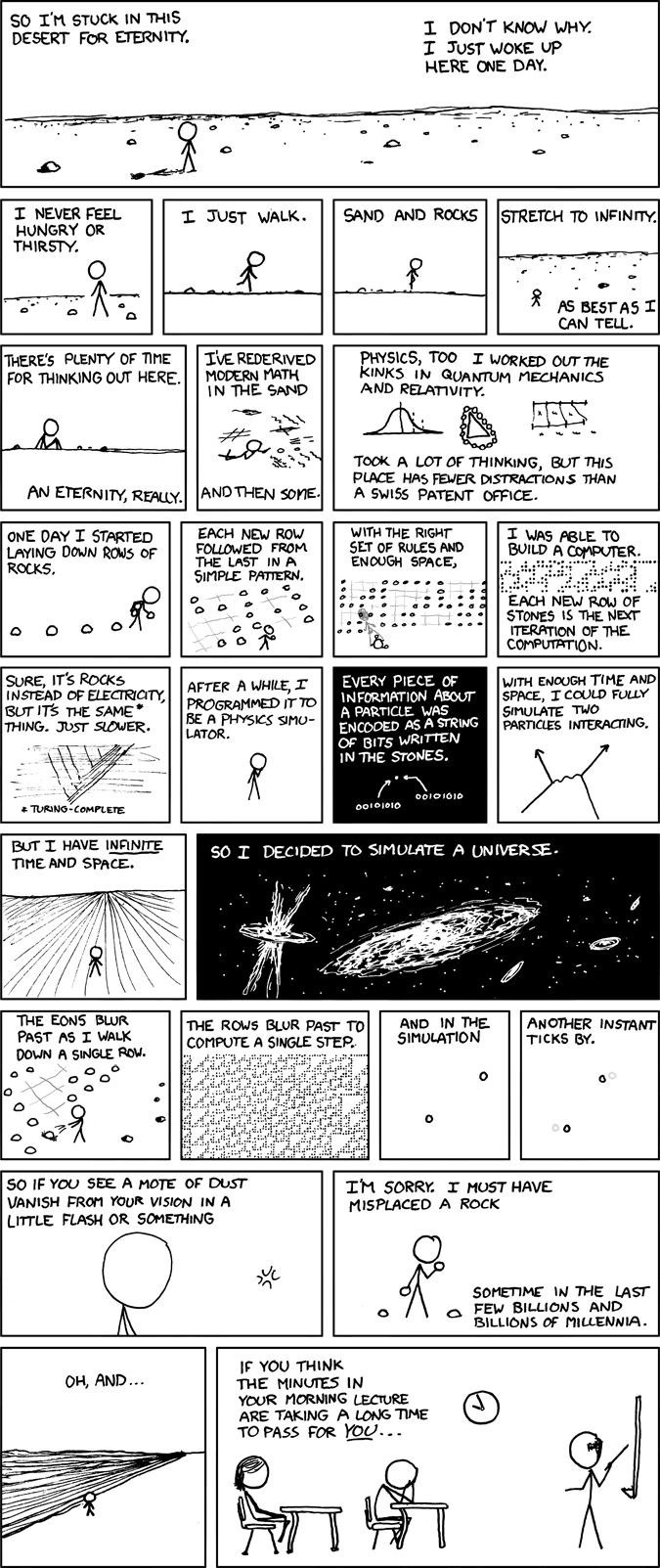There's a nice version of this in XKCD comic strip 505:

What you call the China Brain and this are versions of the Simulation Hypothesis. See discussion here: Are we living in a simulation? The evidence The main clue would be inconsistencies, eg in conservation laws, and exactly what those inconsistencies are. Particle accelerators exactly look for inconsistencies, and for a sense of how small they can be yet still be discovered, the LHC at CERN had to do 600 million collisions per second for a year and a half, to prove to five sigma certainty that the Higgs Boson exists. In the above Bunch of Rocks example it would take a truly remarkable rarity of misplacing a rock, to not get found out.
Focus on only simulating a brain rather than a reality, brings in some of the issues around Boltzman Brains (Wikipedia link). But computationally, to get the needed complexity in the subjective experience of the brain of a reality, it would require simulating the reality, in order for instance that different choices could be taken.
There are two issues I can see though:
(1) We say our universe is deterministic (with quantum random edges, deterministic across Many Worlds), but we feel we make choices, so a Boltzman Brain could feel it makes choices, but only need the data for the timeline of choices it has and inevitably will make. Still requires simulating a consistent model around the timeline of experience for things to make sense, but a lot less data.
(2) The other is the fundamental ptoblem of the Simulation Hypothesis. What if any probes we do, like say running particle colliders, have fake results based on giving 'high resolution' only to where an investigation is happening, and the places we aren't looking at can have a lot of data saved by not being fully simulated? (this is important because if it's full scale full resolution then it's not a simulation, it's just an embodiment) If the simulation is by "some evil genius not less powerful than deceitful, [who] has employed his whole energies in deceiving me", as Descartes puts it, then really we cannot know with certainty - but we can be sceptical, and recognise that looking for evidence is the best tool we have to make sense of things - really the only tool. This also relates to the Brain In a Vat thought experiment.
We have discussed exactly what you are talking about, people being organised to simulate operation of a persons brain, in this thread: Emergent consciousness I think really it's an iteration of the Homunculus Argument (Wikipedia link), an informal fallacy, which is an expression of our cognitive bias, to wish to abstract from our experiences narratives about agents, ie to tell stories.
In this answer I address how causality only belongs in modern physics as an informal shorthand, but persists because of intuitive appeal to our cognitive bias, as apes who's neocortex developed to navigate our social landscape: Is the idea of a causal chain physical (or even scientific)?
So the TLDR is, we can't know for certain, because science doesn't give us certainties. But we have no evidence, and there are a million billion possibilities of what 'really is' that we don't have evidence for, so until they have consequences on our realities we can observe, we have better ways to occupy our time than concern with them.

